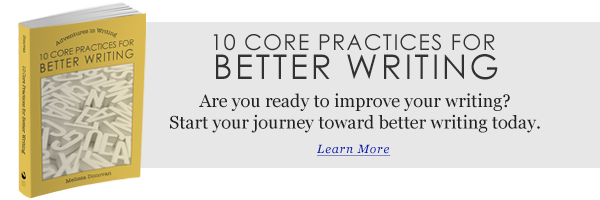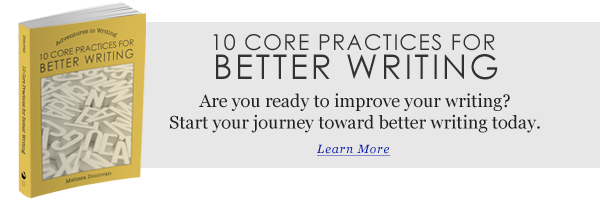Are you one of those writers who finds yourself staring at a blank page, wondering why your genius isn’t pouring forth like a caffeinated river? Or maybe you’re the type who can churn out thousands of words in a frenzy, only to later question whether you’ve sacrificed quality for speed. The truth is, the art of writing fast has its allure and its pitfalls. In a world that often equates speed with productivity, it can be tempting to hop on the write-fast train, believing it will lead you to success. However, before you sprint into the literary finish line, it’s essential to consider the balance between writing quickly and writing well. After all, no one wants to publish a masterpiece riddled with typos and sloppy plotlines, right? So, grab your pens and buckle up—here are some invaluable tips to help you navigate the fine line between speed and quality in your writing journey! If you’re eager to delve deeper into this topic, don’t hesitate to LEARN MORE.
There are a lot of benefits to writing fast, if you can do it. The faster you write, the more works you can produce. If you write for a living, then theoretically, that means more money in less time. Many people write slowly or write only when they feel the urge, so jumping on the write-fast bandwagon can help a lot of writers get more motivated and focused.
But there are some drawbacks to writing fast, especially if writing fast means you’re skipping steps in the writing process (such as multiple revisions) or skimping on important elements of publishing (like getting a professional edit). Deliberate writing and professional-level publishing leads to higher quality work, and if you’re speeding through the process, you might miss some important details and end up with a shoddy book full of typos and plot holes.
Sometimes you have to choose between writing fast and writing well, but most of the time, I think the best practice is to find a balance.
Tips for Writing Faster
I have to stand firmly against the notion of whipping through projects and throwing them at people when they are hardly past the draft phase. But at the same time, I think a lot of writers could use some tips to help them pick up the pace, keep projects moving along, and most importantly, finish what we start and then put it out there for other people to enjoy. In that spirit, here are some basic tips on how to write fast while also writing well:
1. Plan ahead. Instead of staring at a blank page and wondering what to write, work out the details ahead of time. Try outlining to plan what happens in your story, or go deeper and write detailed story beats. Using an outline allows you to find plot holes and inconsistencies before you start drafting, which can be a huge time saver that results in fewer revisions later. That means while you’re drafting you can focus on telling the story rather than worrying about what story to tell.
2. Do it daily. If you write every day, you’ll finish your projects a lot faster than if you work on them only when the mood strikes. It might seem like twenty minutes or five hundred words a day isn’t much, but it adds up over time, and it’s a lot more than producing zero words each day.
3. Track your productivity. When drafting, it make sense to track both your time and your word count to get an idea of how many words you write per hour. Try writing at different times of the day, in different locations, and with different environmental stimuli (like sounds) to see which setting you’re most productive in.
4. Turn off your inner editor. Save time by ignoring typos and grammatical errors as you work through early drafts. If you make significant changes to the content later, early edits might end up discarded. Instead of spending valuable time revising prose that might get cut, focus on the content in your early drafts, and worry about the mechanics when the project is nearing completion.
5. Establish a production schedule and stick to it. If you know you can write five hundred words a day and you want to write a 50,000-word draft, you can calculate how long it should take. Working out a schedule is a good way to stay motivated. You might even set up rewards for when you reach major milestones like completing the first draft. However, creativity is a fickle beast, so be sure to strike a balance between sticking to your schedule but allowing some flexibility for when you run into creative problems, like realizing you have to scrap and rewrite an entire subplot.
Do You Write Fast?
Do you have any tips on how to write faster? How do you feel about writing fast versus writing well? Do you think it’s possible to do both? What do you think about writing and publishing a full-length novel every month? What about every three months? Once a year? What if it takes eight years? Take some time to think about your productivity and your goals, and then get back to writing!






